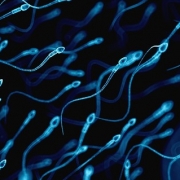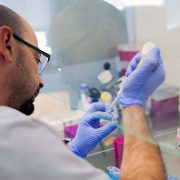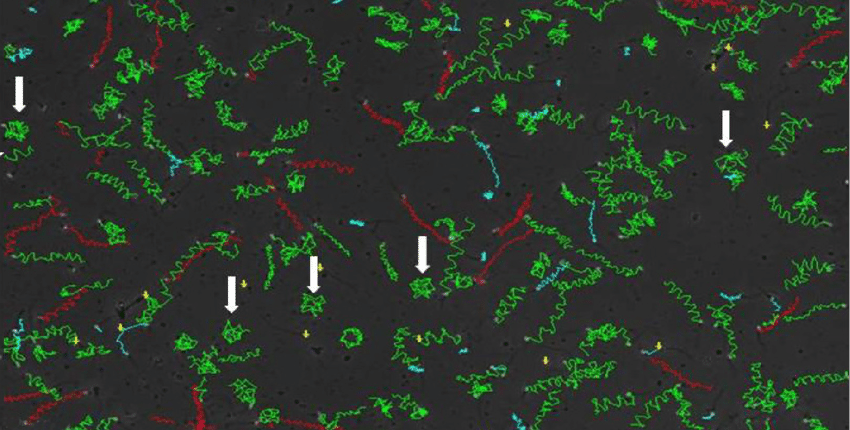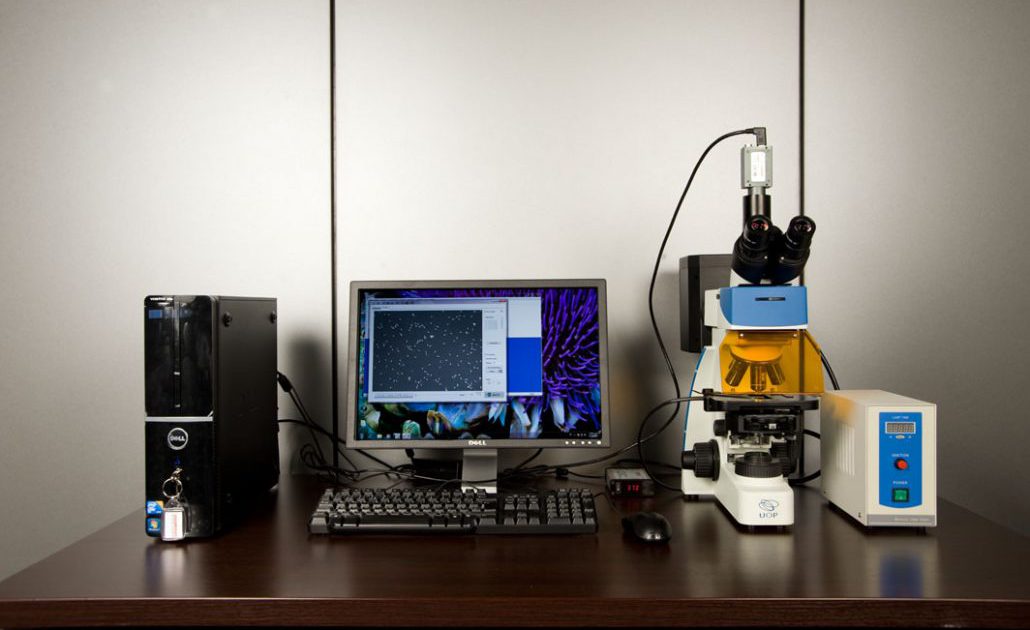Decreases sperm count in western men
As published in recent weeks, sperm count in western men have declined over the past four decades. This entails numerous reproductive problems in couples, which find it an impediment to creating their own families.
In Proiser we had already observed that the amount of sperm had been significantly reduced in recent decades. And we urge our users to change habits to improve the quality and quantity of sperm they generate in their reproductive system. If you want to know more about it, don’t hesitate and read this article. A text we have written inspired by the publication of these in the 20 minute newspaper, which in turn echoes the report of the Human Reproduction Update, directed by Dr. Hagai Levine of the Hebrew University of Jerusalem. A document that has managed to get a spot on the BBC’s news agenda and has reached the world.
Sperm count in western men
Sperm counts have declined alarmingly among men in Western countries over the past forty years. Lack of physical activity, obesity, poor postural habits, stress, or smoking are some of the factors that have influenced the progressive decline in sperm count among first world male inhabitants.
The research to which the report just made public refers is one of the largest that has been carried out so far. It brings together the results of a total of 185 studies carried out between 1973 and 2011, worldwide.
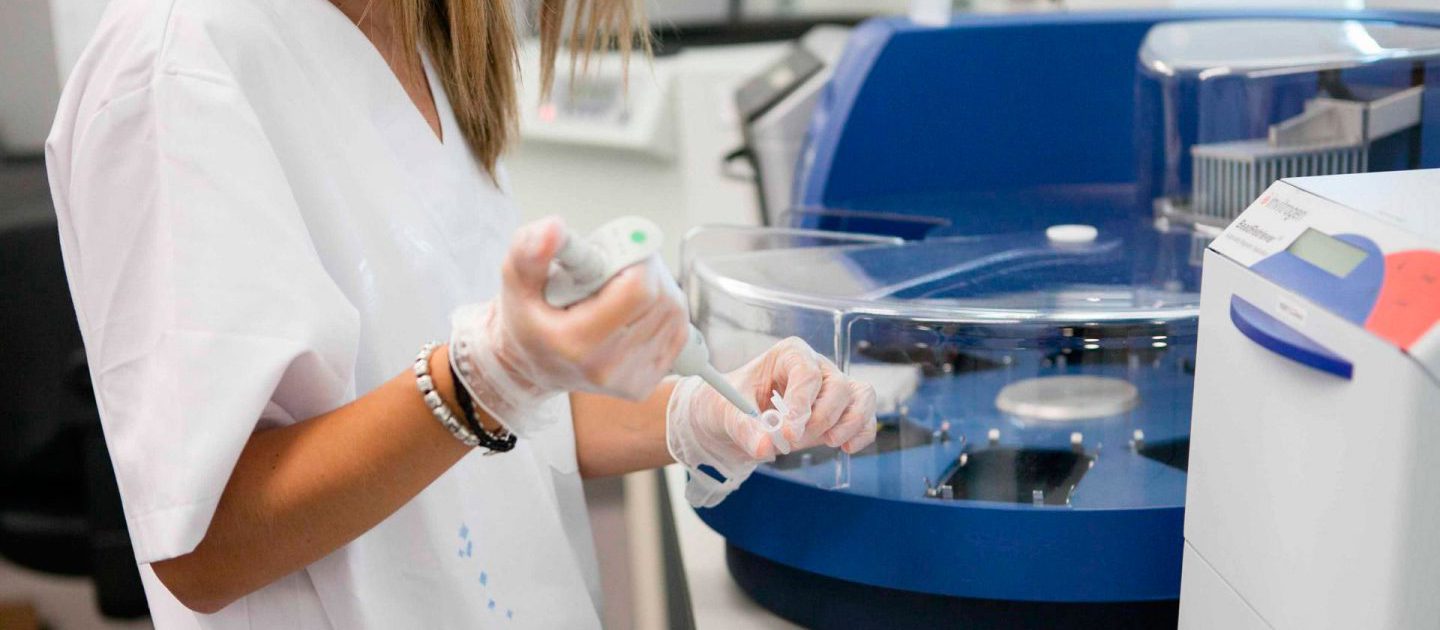
The results obtained highlight that while South America, Asia and Africa do not see significant changes in sperm production, it does exist in the rest of the continents. Dr. Levine found a 52,4% decrease in sperm concentration and a 59,3% decrease in total sperm among samples taken from men in North America, Europe, Australia and New Zealand. This means that the survival of the human species in certain parts of the world is clearly at risk. And we need to put in place mechanisms that will stop this trend if we do not want to extinguish. This trend, far from being slowed, seems to increase year after year.
These falls in sperm production are directly related, as the research shows, to the population’s exposure to chemicals, to the use of plastics, to the fast and sedentary life rate we carry in western societies, but above all it is directly related to obesity, smoking, and even the amount of hours we spend in front of screens like television. The excess temperature in the genital area directly affects the quality of the samples and the rate of activity that sperm have in these cases.
This work, however, is not welcomed by the entire scientific community. And there are researchers who say that the unchanged group may not be such, as the reality highlights that there are fewer studies in South America, Asia, and Africa, so comparisons cannot be developed with the same absolute terms.
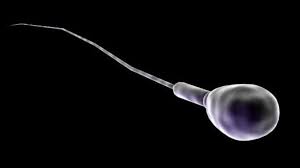
At Proiser, as specialists in everything that is related to human reproduction, we are aware that beyond the figures the reality is clear: The quality of the sperm is getting worse and worse, which makes reproduction difficult even when assisted. Therefore, to those who wish to be parents, we always tell them that they must begin to take care of themselves because any gesture, any activity they perform directly affects this natural capacity of their organism.

